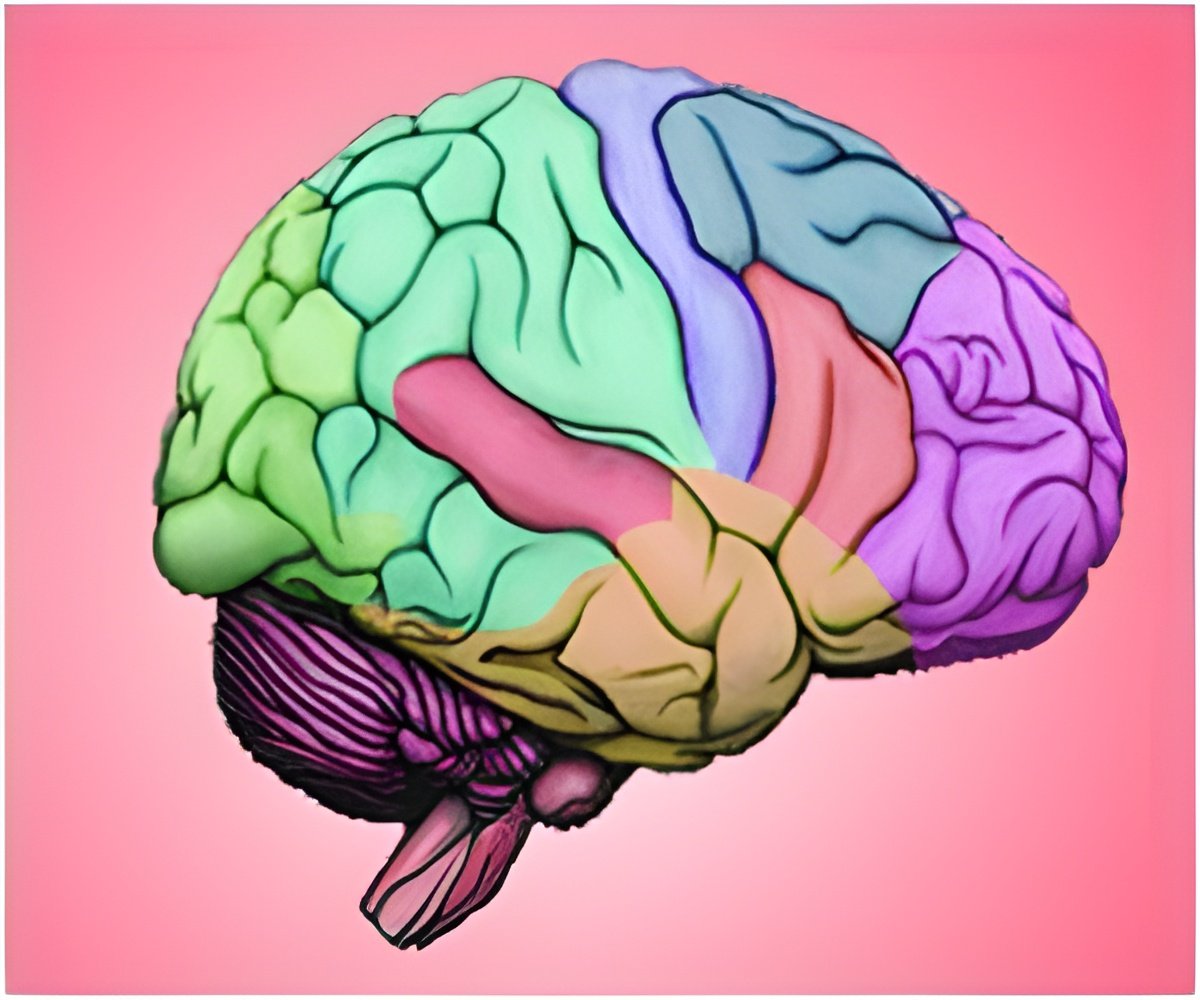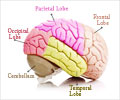Cortex region in the brain was thought to play a significant role in the learning process but another region called thalamus also seems to be vital.

‘Thalamus, contains inhibitory neurons that regulate how efficiently the brain learns to integrate binocular inputs.’





We can only flawlessly learn skills and functions such as speaking a language or seeing in 3D through binocular vision during critical periods of development. When these developmental forms of learning fail, lifelong problems arise. Scientists have been investigating the mechanisms by which critical periods are switched on and off in the hope to extend or reopen them for the treatment of developmental problems. Half a century of research on how the brain learns to integrate visual inputs from the two eyes has provided important insights in critical period regulation, leading to the conclusion that it occurs within the cortex.
Neuroscientist Christiaan Levelt and his team now made the surprising discovery that a brain region that passes on input from the eyes to the cortex also plays a crucial role in opening the critical period of binocular vision.
Using electrophysiological recordings in genetically modified mice, they showed that this brain region, known as the thalamus, contains inhibitory neurons that regulate how efficiently the brain learns to integrate binocular inputs.
Levelt said, "To improve developmental problems resulting in learning problems during critical periods, reinstating flexibility in the visual cortex may not be sufficient. Scientists and clinicians should not limit themselves to studying cortical deficits alone. They should also focus on the thalamus and the way it pre-processes information before it enters the cortex."
Advertisement
The study may also provide some hope for people with albinism, who often have limited binocular vision due to misrouting of inputs from the eyes to the thalamus. Levelt's team found that in contrast to what is generally assumed, plasticity of binocular vision also occurs in the thalamus itself, suggesting that this might be improved in children with albinism through training.
Advertisement









